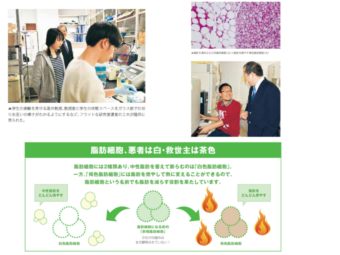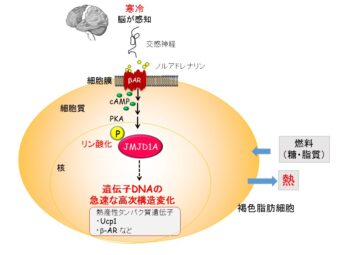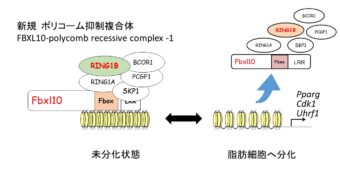Epigenetics, from the Greek “epi,” means “on,” DNA. All of our tissues contain the same 33,000 genes; however, in a given tissue and at a given stage, owing to an “epigenetic code,” only a few of these genes are expressed, giving rise to the “phenotype”. Disruption of the balance of epigenetic networks may cause several major diseases, including cancer, syndromes involving chromosomal instabilities, and mental retardation. However, the relevance of epigenetics to other physio-pathological mechanisms in common diseases, such as metabolic syndrome, was less clear. Our laboratory is now focusing on solving the physio-pathological mechanisms in metabolic syndrome by studying the epigenetic network.
Especially, we are focusing on metabolic syndrome and fat cells (adipocytes). At the molecular levels, we are focusing nuclear proteins (nuclear receptor and histone modification enzymes) regulating human disease. We express target proteins and make crystals to determine super fine structure. Using this information, we are developing tools for dynamical analysis of protein-protein interaction or protein-low molecular weight compounds interaction. Our current research focuses on studying the link between energy imbalance and incorrect “epigenetic programming” in the development of obesity because of inadequate maternal nutrition and/or metabolic disturbances.
Contact
Address: 2-1 Seiryo-machi, Aoba-ku, Sendai, Miyagi, 980-8575, Japan
Phone: +81-22-717-8114
Fax: +81-22-717-8118
Email: jmsakai@med.tohoku.ac.jp
Topics











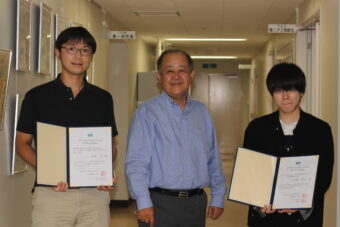










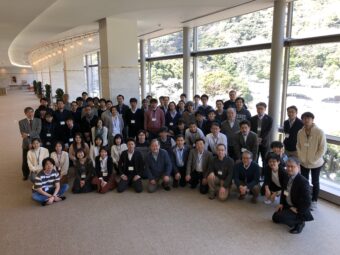


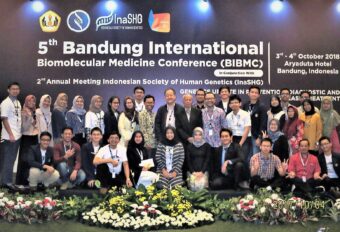

![全学教育科目、[基礎ゼミ]後期日程が始まりました!](http://www.metab.med.tohoku.ac.jp/wp-content/uploads/2018/09/IMG_0448-340x255.jpg)


